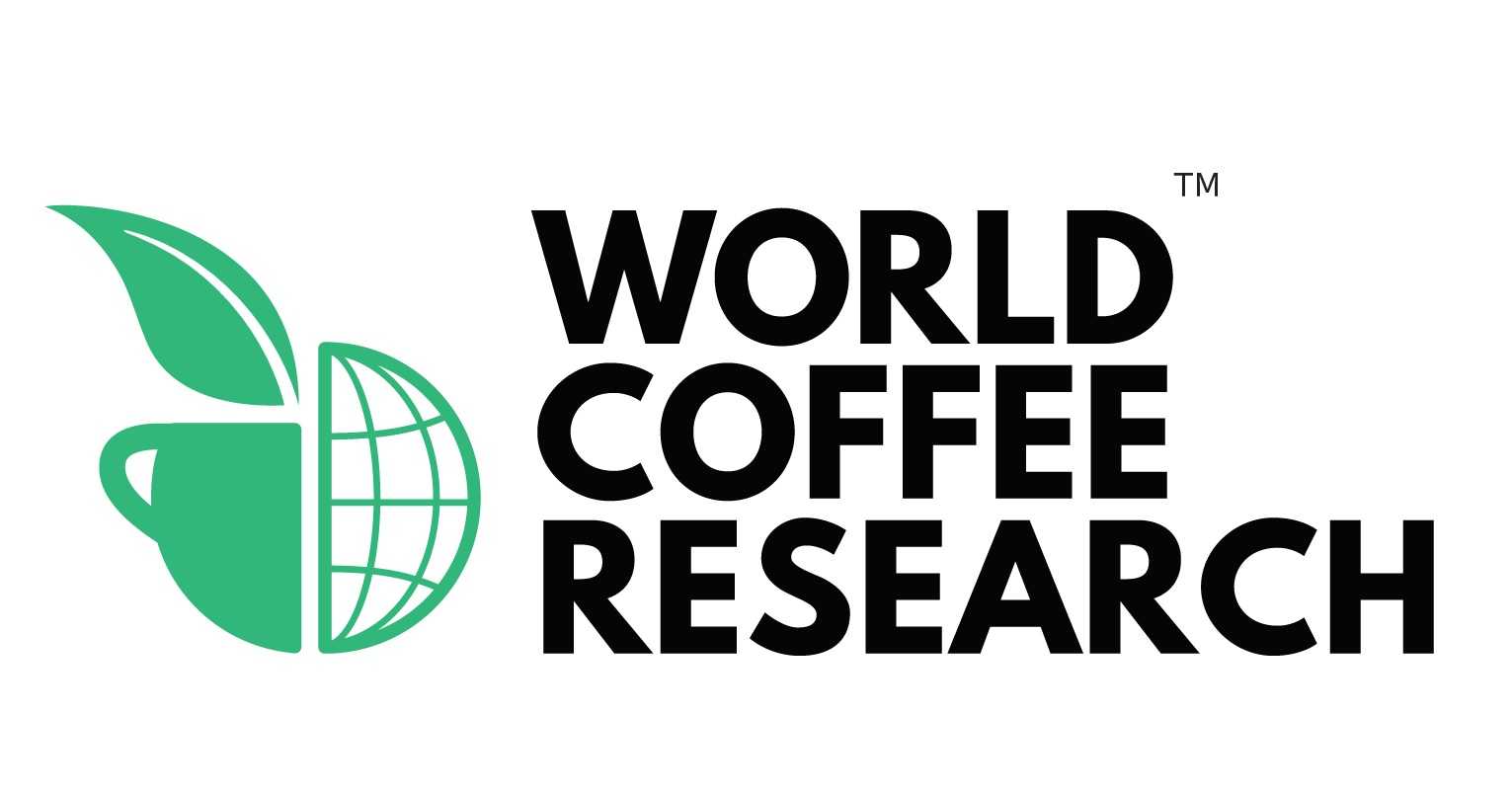MILAN – In 2022, World Coffee Research (WCR) announced the completion of its F1 hybrids phase 1 trials through which four finalist candidates were identified. These finalists were generated from crosses between high-performing Geisha and Sarchimor lines and demonstrate good yields and cup quality.
Now, in 2024, these four hybrids will move into an initial pre-commercial trial phase to view the opportunities for uptake and adoption by key industry partners. This transition marks an exciting development for the F1 hybrids project, which WCR initiated in 2015 with the goal of improving productivity, disease tolerance, cup quality, and climate resilience.
The F1 hybrids project was a foundational part of WCR’s breeding program, which recently launched the Innovea network, a first-of-its-kind global Arabica breeding effort. Innovea will be generating both pureline varieties in 2030 and hybrids, recognizing that farmers need choices to tackle the challenges of coffee production in the 21st century.
A multi-partner, multi-environment approach
WCR member companies were given the opportunity to bid for the chance to evaluate the hybrids and members identified partners with whom to operate these trials. Partners—including Counter Culture Coffee in collaboration with Aquiares Estate, Cafcom, Blue Bottle Coffee in collaboration with Los Volcanes, Falcon Coffees Peru in collaboration with CENFROCAFE, Starbucks’ Alsacia Farm, and Volcafe Peru in collaboration with Starbucks—will establish 10 trial plots across 3 countries: Costa Rica, Guatemala, and Peru to test the performance of 10,000 hybrid plants propagated via somatic embryogenesis by Centro Agronómico Tropical de Investigación y Enseñanza (CATIE) in Costa Rica.
To evaluate the hybrid materials in true commercial conditions, the pre-commercial plots will be planted on industry partners’ farmer fields distributed throughout the locations mentioned above. Over the next six years, WCR and partners will be evaluating the materials for pest/disease resistance and yield while under different standards according to each partner’s requirement for larger commercial production-scale and in various climatic and growing conditions.
Some of the partners will also be cupping the material to evaluate quality and enhance the assessment of overall “performance.” Moving to a pre-commercial phase is a routine next step in variety development and release – testing material at scale. These materials have made it through initial product development stage gates in smaller test plots and this phase allows producers to evaluate these new materials directly and to determine if producers would be interested in them.
“With this new cycle of evaluation we are looking to learn more of how these hybrids perform in real-life environments in farmer fields and determine if any of them can add value for coffee production in the future,” says Emilia Umaña, Senior Manager of WCR’s Nursery Program. “Additionally, we want to better understand the system for incorporating new materials responsibly into the market—paving the way for many future releases.”
In 2030, at the end of this trial phase, if any of the F1 hybrid candidates outperform the comparison varieties, WCR aims to work with the coffee community to develop plans for distribution models to scale-up access to these varieties. Under this scenario, WCR’s hybrids would join a small cohort of hybrid varieties that are currently available to farmers.
Forging a new path for variety development
WCR’s work is dedicated to mitigating risks to coffee supplies in the long term, but various threats, including climate change and advancing pests and diseases, have created conditions that challenge successful production. F1 hybrids are just one approach that the organization has explored to develop new varieties that support farmer success and reduce production risks.
As WCR’s F1 hybrid finalists advance to pre-commercial trials under the management of industry partners, the organization is using new approaches in its breeding program to create varieties quickly—in as little as 6 years—and with significantly improved performance that will be more widely accessible to farmers as they are seed propagated.
In 2022, WCR launched its Innovea Global Arabica Breeding Network, bringing together 9 collaborating countries to accelerate the pace of genetic improvement in arabica. The Innovea network is the first of its kind—driving innovation, modernization, and cooperation to meet farmers’ needs and the demands of the coffee industry—and will deliver 100 new pureline arabica varieties in 2030, with the first of these coffees landing with farmers in 2036.
This year, WCR has committed to building a complementary robusta breeding network, taking advantage of new opportunities to improve the performance and quality of the species. This project is being designed and formed with the recognition that future climate and rising consumption trends will result in the need for a higher presence of robusta across markets.
“These F1 Hybrids represent a great near-term option for new varieties that we are very pleased to now be moving into pre-commercial testing,” says Dr. Tania Humphrey, WCR’s Director of Research & Development. “Rolling these out in a limited number of countries is allowing us to evaluate the varieties at a much larger scale and, importantly, it’s giving us an opportunity to test out new partnership models with the industry”.
Humphrey: “The new material that will be coming out of our breeding programs in the years ahead will be even better and it will be important to have a multitude of public and private partnerships in the distribution network to ensure the varieties make their way out to farmers. Ultimately, WCR’s focus on varieties is about delivering choices—choices for farmers, for coffee producing countries and for the industry that depends on them.”


















